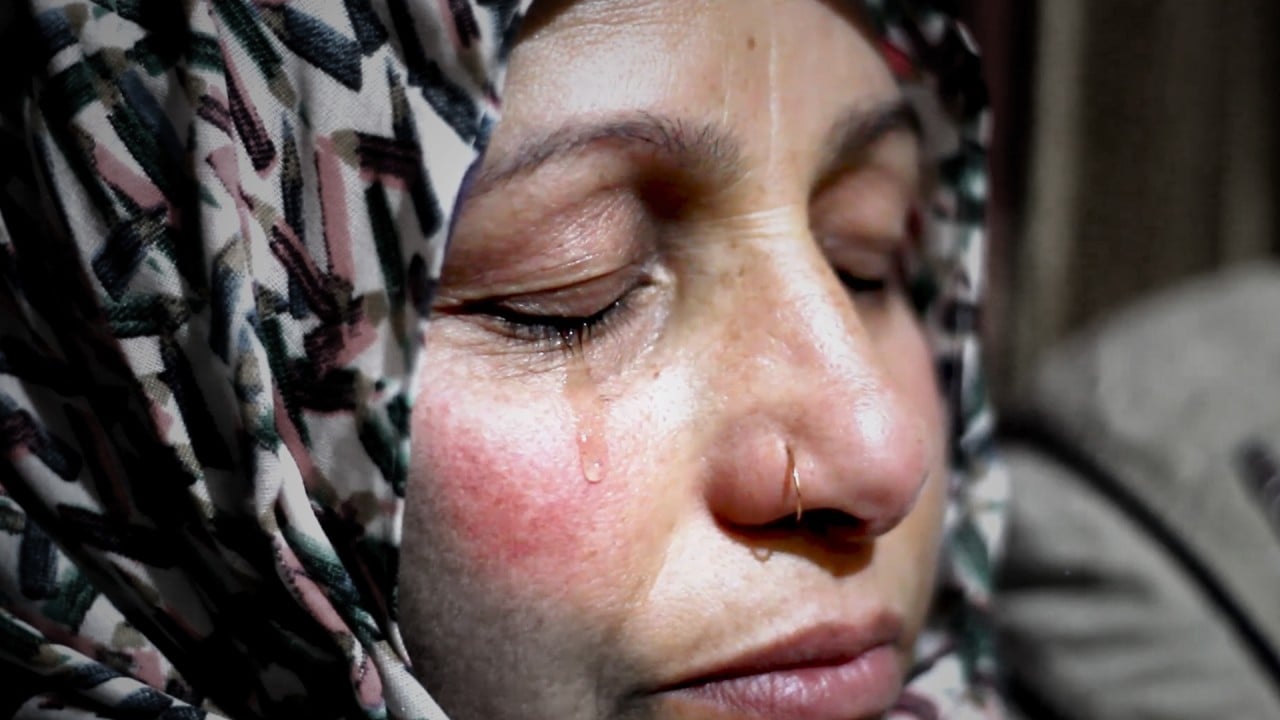
In Kashmir, an editor’s arrest sends chills through a shrinking community of journalists
- The detention of Fahad Shah, the head of news portal Kashmir Walla, is the latest in a mounting media clampdown in the Indian-administered territory
- Authorities have also resorted to intimidation – including arbitrary arrests – instilling fear in Kashmir’s small community of journalists
Fahad Shah, 33, was due to edit the news stories they had filed for the day, so they could leave home before a weekend Covid-19 lockdown kicked in.
For the Kashmir Walla team, it was an expected – though dreaded – development. Four days earlier, Shah was summoned for questioning over the portal’s coverage of a police raid that left four dead, including a 17-year-old.
How momos spared exiled Tibetans the violence of Kashmir
The independent news outlet’s story, based on interviews with the teen’s family, starkly differed from official accounts of the January 30 incident even as they included comments from the police.
It was Kashmir Walla’s signature style of hyperlocal reporting that Shah set out to do when he started it in 2009 to “cover political, social and cultural dissent within the larger context of the conflict and its contours.”
Over the years, it rose to prominence for featuring interviews with locals on counter-militancy operations aimed at rooting out rebels seeking to defy Indian rule.
New Delhi has deployed more than a million troops in Kashmir to quell an anti-India insurgency raging for the past 30 years. Rights groups have also accused security forces of misusing a controversial law that gives them wide-ranging powers to search, detain and shoot at civilians.
With its strong focus on ground reporting and timely updates, including on the alleged military excesses committed during gunfights between insurgents and Indian troops, Kashmir Walla established itself as a trusted source of news among young, online-savvy Kashmiris. It also has a sizeable social media presence, with 275,000 Facebook and 46,000 Twitter followers.
After Shah’s arrest, police said he was among the Facebook users who uploaded “antinational” content with “criminal intention to create fear among the public.” They added such content was “tantamount to glorifying the terrorist activities.”
What are India’s options as rivals Pakistan and China grow closer?
“If one of the most popular journalists in Kashmir is not safe, then no one is,” said a senior journalist, who declined to be named for safety reasons.
The government also imposed an internet blockade for more than six months and began subjecting media professionals to mandatory background checks. Authorities were given more powers to prosecute those they deem to be spreading misinformation or fake news. Last June, the United Nations special rapporteur on freedom of expression criticised the government for muzzling the press.
We know the authorities can any time and under any pretext arrest us
“I think we, as a media industry, have hit the wall,” a writer working for a local newspaper, requesting anonymity, said.
“Last year, many correspondents working for national and global dailies were summoned and booked under stringent laws. We thought at that time, if this could happen to them, then what about us.”
In January, Sajad Gul, a Kashmir Walla contributor, was arrested over “objectionable” social media posts. He was later granted bail but the police subsequently booked him under the harsh Public Safety Act (PSA), which allows the detention of an individual without trial for six months and sent him to the Kot Bhalwal prison in Jammu that is notorious for alleged custodial torture and holds captured militants.
In the same month, the curtains came down on Kashmir’s only press club after it was evicted from a government-owned building that housed it.
The club, with over 300 members, had for long served as an important institutional base for Kashmiri journalists.

The Editors Guild of India said it was “aghast at the manner in which the office and the management of Kashmir Press Club … was forcibly taken over” and accused the state of being “brazenly complicit in this coup.”
The shifting red lines for journalists have led some to practice self-censorship and avoid reporting on news that could be controversial, including anti-India boycotts and statements by pro-independence groups.
Shah’s arrest has also shaken students studying journalism at two Kashmiri schools who say they’re considering not going into the profession at all.
For a journalist, who has been in the industry for seven years, the risks of journalism have only grown exponentially.
“We know the authorities can any time and under any pretext arrest us. You never know which byline may land you in a prison forever.”


